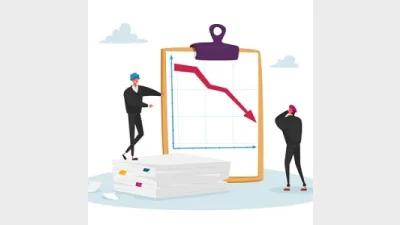Super returns fall in April



Super fund return performance has fallen in April following a small positive return in March, according to research house SuperRatings.
The median balanced option fell by 1.1% in April, according to the research house, with the month marked by inflationary pressures and the Reserve Bank of Australia’s decision to increase interest rates for the first time since November 2010.
Greater volatility had seen increased pressure on fund returns, with the financial year return for the period ending 30 April 2022 estimated to be 1.2% and further pressure emerging in May, according to SuperRatings.
SuperRatings executive director, Kirby Rappell, said: “We have seen a significant pullback in super fund returns this financial year, with 2 months remaining. It is challenging to say whether super funds will end the financial year to 30 June 2022 in the red or the black at this stage, as it could go either way.
“However, we have seen funds continue to deliver above their investment objectives over the longer term which typically sit around CPI+3.0%. Sticking to a long-term strategy and blocking out short-term noise is as important as ever, with long-term performance being what really matters.”
Meanwhile, the median growth option declined by an estimated -1.5%. The fall in performance was lower for the capital stable option which invested more in defensive assets such as bonds and cash, with a decline of -0.7% estimated.
A fall in pension returns was also determined in April, with the median balanced pension option down an estimated 1.4%, similarly the median growth option fell by 1.6%, while the median capital stable option was down an estimated -0.8%.
Recommended for you
The regulator has fined two super funds for misleading sustainability and investment claims, citing ongoing efforts to curb greenwashing across the sector.
Super funds have extended their winning streak, with balanced options rising 1.3 per cent in October amid broad market optimism.
Introducing a cooling off period in the process of switching super funds or moving money out of the sector could mitigate the potential loss to fraudulent behaviour, the outgoing ASIC Chair said.
Widespread member disengagement is having a detrimental impact on retirement confidence, AMP research has found.









